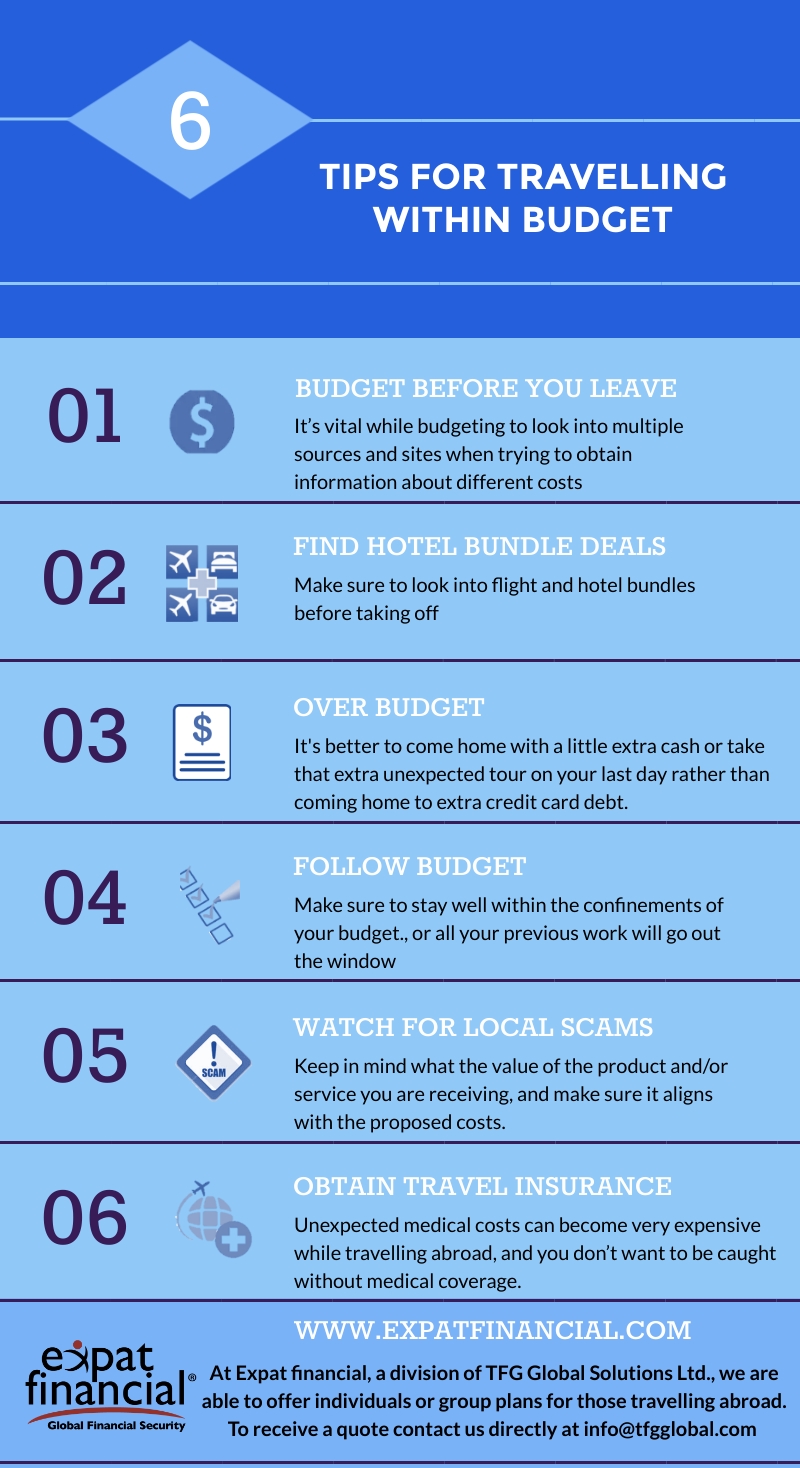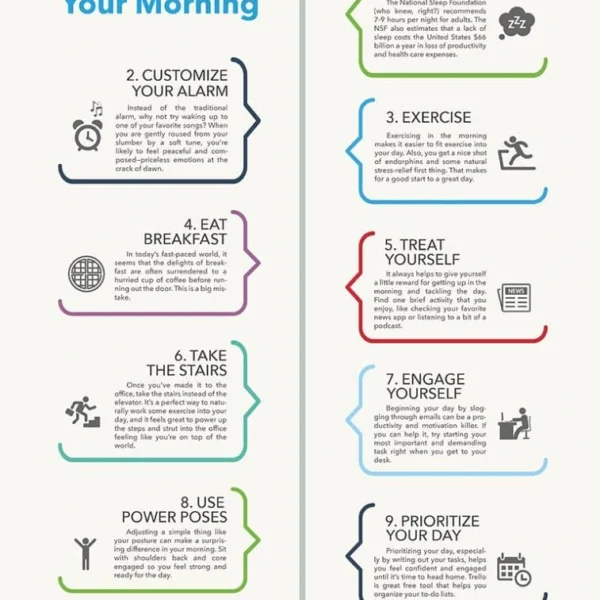Set a Realistic Budget
The first step in maximizing your vacation budget is to set a realistic budget. Determine how much you can afford to spend on your trip, taking into account all expenses such as transportation, accommodation, food, activities, and souvenirs. Be sure to include a buffer for unexpected expenses and emergencies. Once you have a budget in mind, stick to it as much as possible to avoid overspending.
Choose the Right Destination
Choosing the right destination can make a big difference in how far your vacation budget can stretch. Consider destinations that are more affordable, such as countries where your currency goes further or less popular tourist destinations. Avoid peak travel seasons, as prices tend to be higher during these times. Look for destinations that offer free or low-cost activities and attractions, such as parks, museums, and beaches.
Use Travel Rewards and Discounts
There are many ways to save on travel costs by taking advantage of travel rewards and discounts. Sign up for airline and hotel loyalty programs to earn points or miles that can be redeemed for free flights or accommodation. Use websites and apps that offer discounts on flights, hotels, rental cars, and activities. Consider booking your trip during sales or promotions to save money. Look for package deals that combine flights, accommodation, and activities for a discounted rate.
Stay Flexible with Your Travel Dates
Flexibility with your travel dates can help you save significantly on transportation and accommodation costs. Traveling during off-peak times, such as weekdays or shoulder seasons, can result in lower prices. Use fare comparison websites to find the cheapest flights and hotel rates for your desired dates. Consider booking last-minute deals or standby tickets if your schedule allows for spontaneity.
Opt for Alternative Accommodation Options
Instead of staying at expensive hotels, consider alternative accommodation options that can save you money. Renting a vacation home, apartment, or Airbnb can be more cost-effective than a hotel, especially if you are traveling with a group. Look for budget-friendly hostels, guesthouses, or camping sites for a more affordable stay. Consider house-sitting or couch-surfing as free accommodation options.
Cook Your Own Meals
Eating out at restaurants can quickly add up and eat into your vacation budget. To save money on food costs, consider cooking your own meals instead. Book accommodation with a kitchenette or shared kitchen facilities so you can prepare your own meals. Shop at local markets or grocery stores for fresh ingredients and local specialties. Pack snacks and drinks for day trips to avoid overpriced tourist traps.
Plan Your Activities Wisely
Research and plan your activities wisely to make the most of your vacation budget. Look for free or low-cost activities and attractions that are of interest to you. Take advantage of discounts, coupons, or group rates for tours, shows, and excursions. Consider exploring nature, hiking, cycling, or swimming for budget-friendly outdoor adventures. Opt for self-guided tours or DIY activities to save money on guided tours.
Use Public Transportation or Walk
Transportation costs can add up quickly, especially if you rely on taxis, rental cars, or rideshare services. To save money on transportation, use public transportation, walk, or bike around the destination. Research local bus, subway, or tram routes to get around the city or town. Rent a bicycle or scooter for a fun and eco-friendly way to explore the area. Carpool with other travelers or locals to split the cost of transportation.
Avoid Tourist Traps
Tourist traps are often overpriced and cater to tourists looking for quick and easy experiences. Avoid tourist traps such as overpriced restaurants, souvenir shops, and guided tours. Research and ask locals for recommendations on authentic and affordable experiences. Venture off the beaten path to discover hidden gems, local markets, and cultural experiences. Be mindful of salespeople and vendors trying to sell you unnecessary products or services.
Pack Smart and Light
Packing smart and light can save you money on baggage fees, airport transfers, and storage costs. Pack essentials and versatile clothing that can be mixed and matched for different outfits. Consider packing travel-sized toiletries and essentials to avoid buying them at inflated prices at your destination. Pack snacks, reusable water bottles, and a first aid kit to save money on food and drinks while out and about. Leave unnecessary items at home to avoid excess baggage fees.
Monitor Your Spending
Keep track of your spending and stay within your budget by monitoring your expenses regularly. Use a budget tracking app, spreadsheet, or notebook to record your expenses and compare them against your budget. Be mindful of impulse purchases, hidden fees, and currency exchange rates that can impact your budget. Check your credit card statements and receipts to ensure accuracy and prevent overspending. Adjust your spending as needed to stay on track with your vacation budget.
Seek Local Advice and Recommendations
Locals can provide valuable advice, recommendations, and insights on how to maximize your vacation budget. Ask locals for tips on affordable restaurants, activities, and transportation options. Visit local markets, festivals, and events to experience the culture and cuisine of the destination. Engage with locals through language exchange, cultural exchanges, or volunteering opportunities to gain a deeper appreciation for the destination. Respect local customs, traditions, and etiquette to show appreciation for the hospitality and generosity of the locals.







Leave a Comment